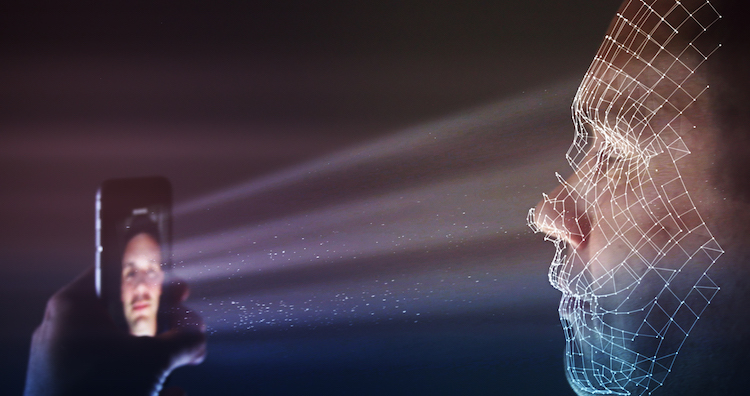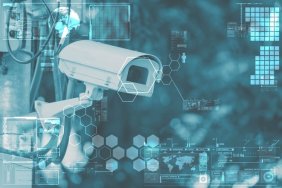Photo: Spencer_Whalen (Getty)
Facial recognition is one of those technologies that the human species, at one time, can only dream of. We’ve all seen the sci-fi movies with futuristic societies that no longer use keys, but instead have big lasers that sweep over their faces, and either let someone into a door, or lock them out based on the shape of the face they scan over and thought, “dang, that would be cool.”

Photo: Monty Rakusen/Getty Images
From the looks of things though, this technology might not be restricted to the big screen much longer. In fact, even as you read this, the tech is being developed to turn this scientific fantasy into reality.
The question now is less “will this actually happen?” and more “will it even be worth it if it does?” That’s because as ridiculously awesome as being able to use your face as a unique code of entry sounds, it would come with a price- privacy. See, facial recognition works by tracking the shape and expression of a person’s face at key points; scans can measure the distance between facial features, and the lengths of each feature individually, such as the lips, the bridge of the nose, and the width of an eye. The scans also read not just intentional movements of the nose, eyes, and mouth, but unintentional, subconscious twitches as well. Using this information, machines will be able to read a face to determine more about its owner just like an actual human being could.

Facial recognition is expected to be publicly available as early as some time in 2018. As a matter of fact, the new iPhone already has facial recognition capabilities built into it, and at least one machine in development currently has the ability to “identify one face from millions in under one second” with an accuracy of “around 99 percent.” The technology that makes it possible has seen major advancements in recent years, and so the question of whether or not we even want this particular advancement to occur is absolutely pressing.
Do we want to be able to be so easily identified in a crowd by corporations and the government alike? What happens when this technology is misused and begins to track the movements of citizens across the country either with or without their permission? These questions are vital to consider because whether they’re wanted or not, they will be relevant in daily life sooner than later, and it is up to the public to stand against any abuses because those in charge of the technology will not be doing that for them.









